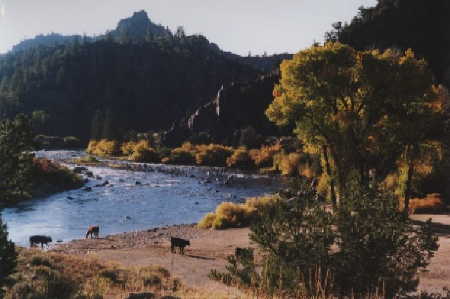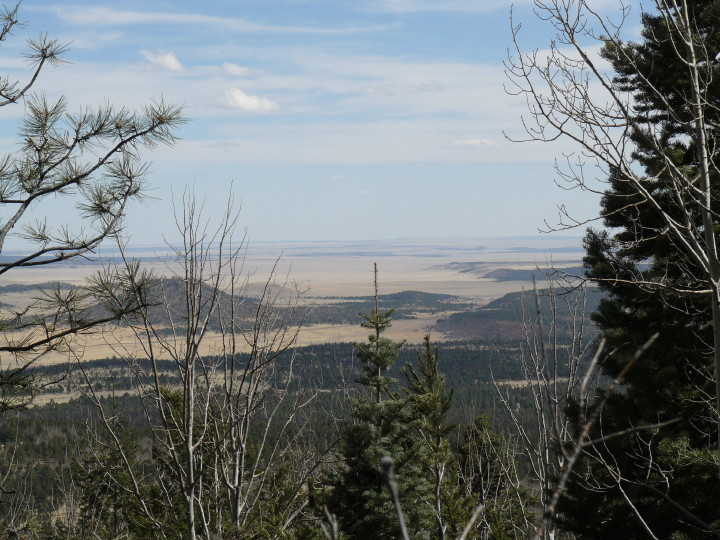Mike Soraghan, E&E reporter
U.S. EPA plans to take a "life cycle" approach to its study of hydraulic fracturing in oil and gas drilling, an approach promoted by environmentalists but opposed by industry.
"The scope of the proposed research includes the full lifespan of water in hydraulic fracturing, from acquisition of the water, through the mixing of chemicals and actual fracturing, to the post-fracturing stage," EPA officials announced in their draft.
EPA officials sent the plan to the agency's Science Advisory Board, a group of independent scientists, which is scheduled to review the draft plan March 7-8. After the board's review, EPA will make any revisions and "promptly begin the study," according to an EPA release yesterday.
The study itself is not expected to be completed until 2012, with a follow-up in 2014. EPA announced the study last March after a request from congressional Democrats worried that the high-pressure underground injections of chemical-laced water could be contaminating drinking water.
They want EPA to regulate fracturing under the Safe Drinking Water Act. But The industry and congressional Republicans reject the idea of more federal regulation of fracturing, saying it is perfectly safe and well-regulated by states.
Oil and gas industry officials have criticized the life-cycle approach in the past. In a September call with reporters, Stephanie Meadows, a senior policy adviser at the American Petroleum Institute, said the study should be narrow (Greenwire
"We would like it to stay narrow to the question posed by Congress," Meadows said. "We wouldn't want it to be an expansive view of everything to do with oil and gas drilling."
API reacted cautiously to EPA's move yesterday.
"API recognizes there has been substantial public concern over the use of hydraulic fracturing, however we are confident that a comprehensive review of the sound application of this technology following well recognized risk-based decision making principles will show that when properly planned and executed, hydraulic fracturing poses no significant risk to human health, drinking water resources, or the environment," the group said in a statement.
But a House committee chairman took a swipe at industry critics as he promised "close scrutiny" of the study and implied that he might hold hearings on the topic.
"I look forward to close review and oversight of the EPA's forthcoming study on hydraulic fracturing practices," said House Science, Space and Technology Chairman Ralph Hall (R-Texas). "Natural gas is a vital resource, and hydraulic fracturing is a well-established process that is enabling greatly increased production of clean, affordable energy. This production is critical to America's economic growth but unfortunately has been the subject of a growing number of uninformed allegations and misleading attacks."
EPA is also planning to do case studies of places where critics reported problems with fracturing during "scoping hearings" last summer. The case studies could involve field sampling, modeling and parallel laboratory investigations to determine the potential relationship between complaints and fracturing.
In a 2004 fracturing study, EPA officials relied on a survey of state officials to determine what problems had occurred during fracturing operations. EPA did not do its own testing of drinking water.
That study determined that fracturing posed "little or no threat" because the water is sucked back up out of the ground and the hazardous chemicals would likely be diluted or biodegrade on their own.
Critics said the results of that study were skewed by data collected selectively from sources with a vested interest in the oil and gas industry.....continued......











